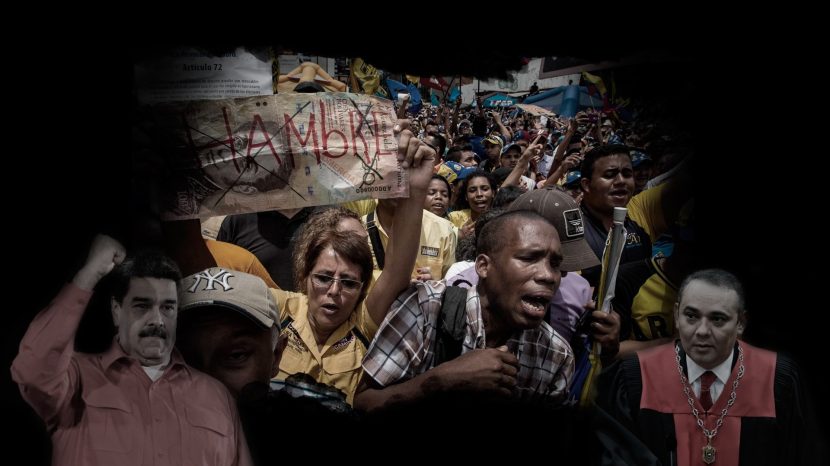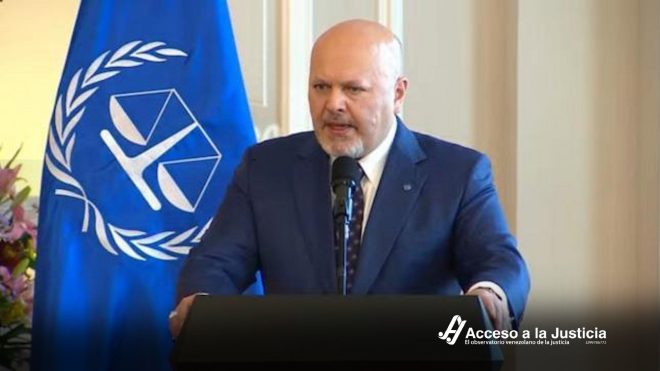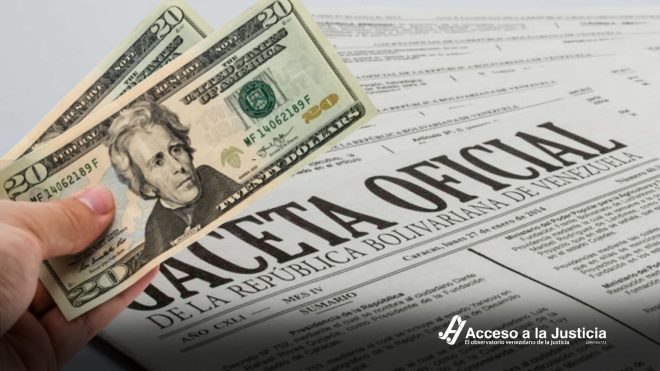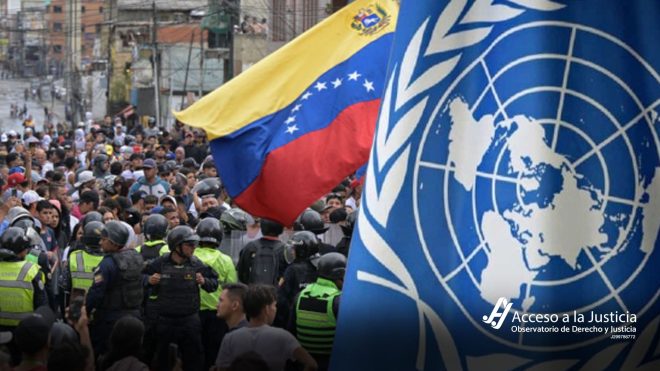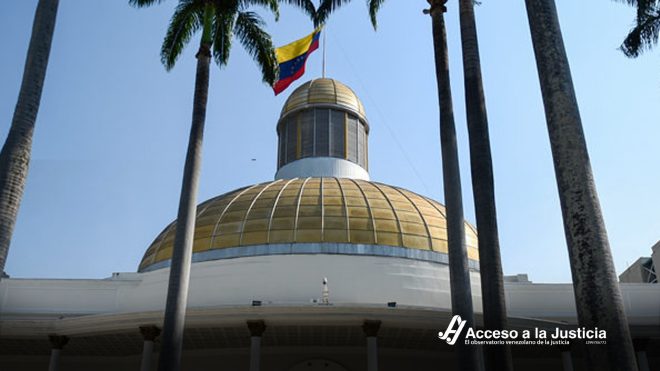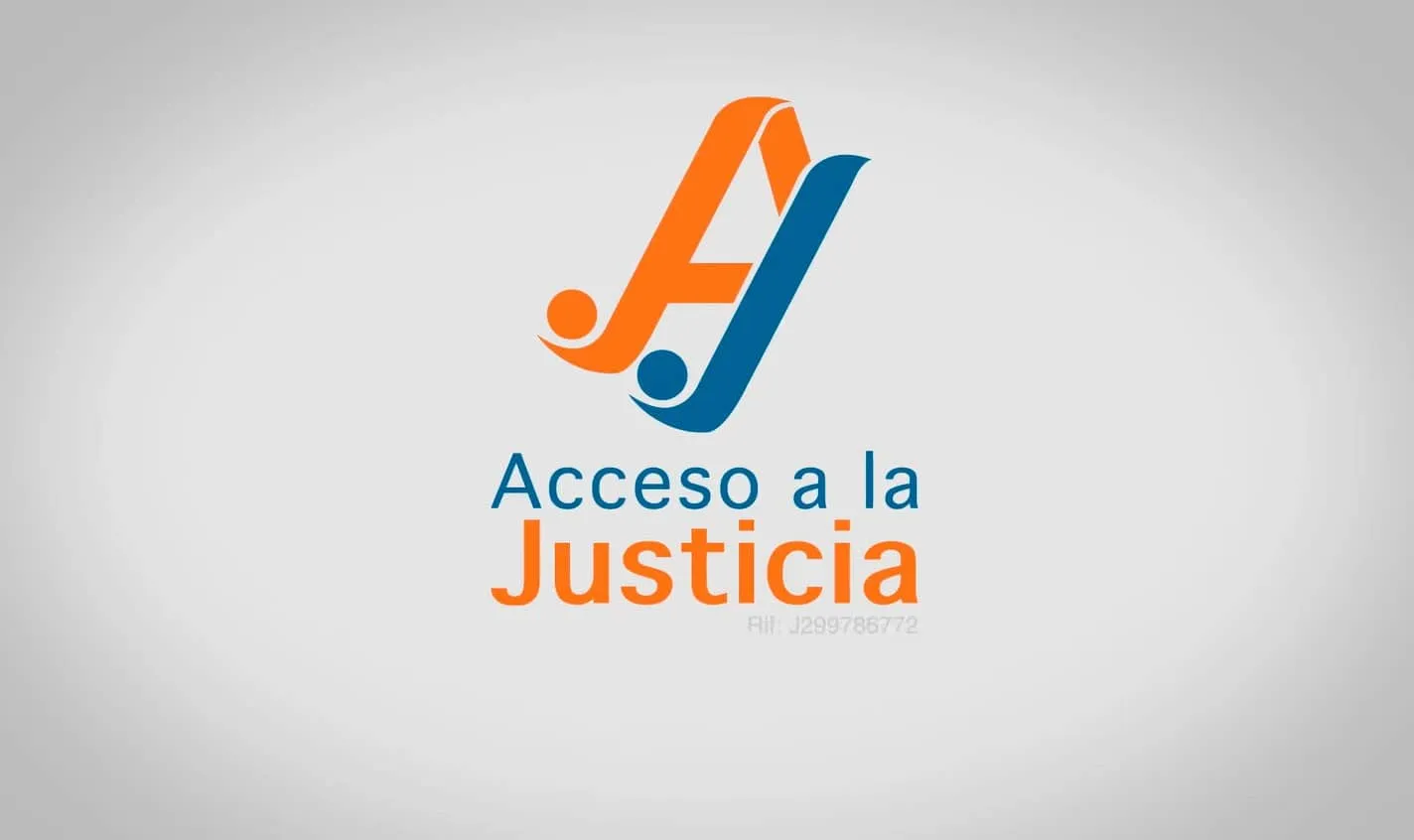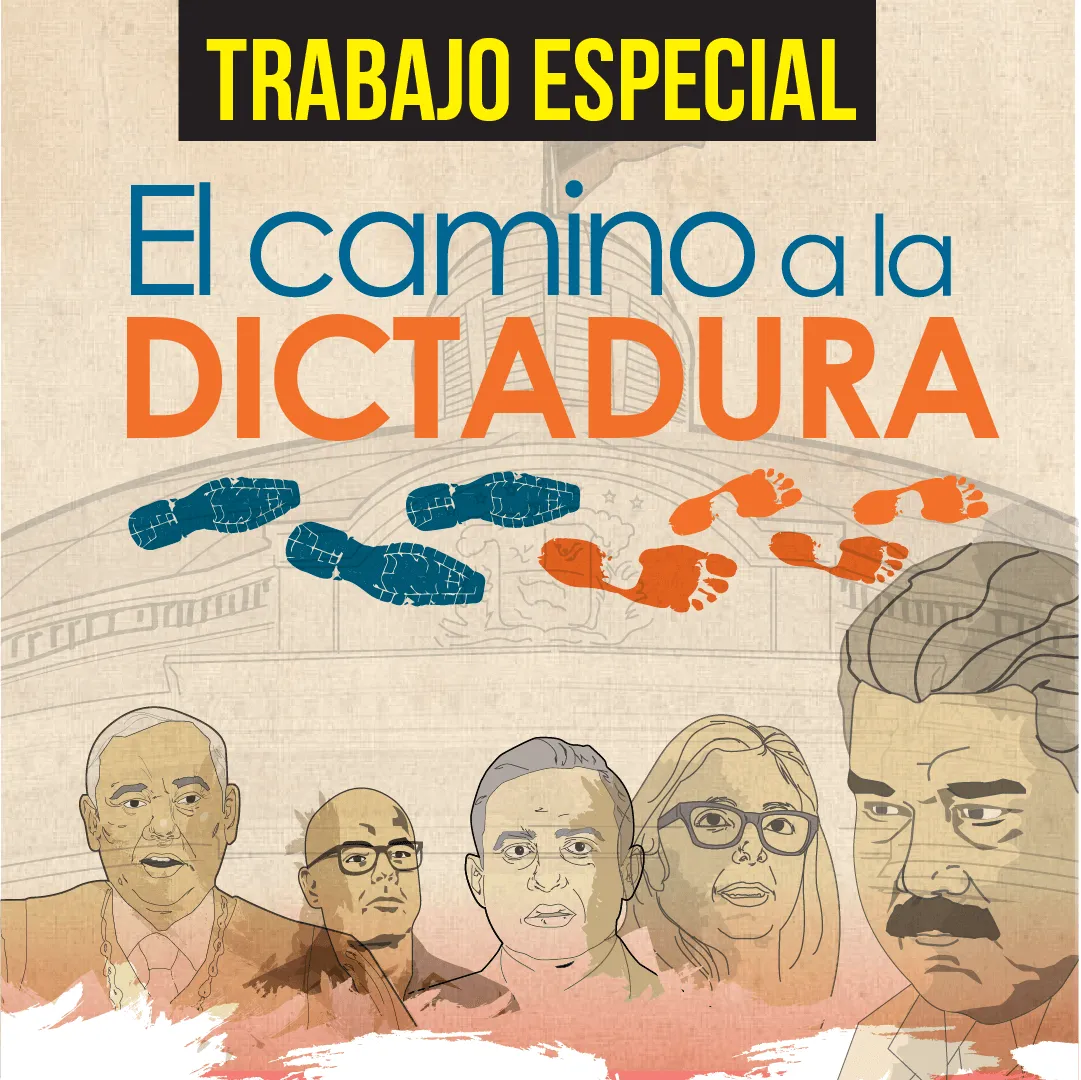El régimen político, que gobierna a Venezuela desde 1999, creó una verdadera hoja de ruta de toma del poder absoluto, en la que la cooptación del sistema de justicia, y en especial, del Poder Judicial ha sido clave. El resultado de ello ha sido que de manera progresiva el Poder Judicial ha ido invirtiendo su rol, de modo que en vez de proteger los derechos de los ciudadanos y la Constitución, se ha ido transformando en “legalizador” de lo que se hace desde el poder, convirtiéndose con el tiempo también en un importante órgano de represión.
Esta situación se ha venido agravando desde el año 2015, cuando el pueblo eligió a una nueva Asamblea Nacional (AN) de mayoría opositora al Gobierno, pues este entendió que su salida de Miraflores podría darse pronto por la pérdida de respaldo popular. Es así como el Tribunal Supremo de Justicia (TSJ) que debía ser el garante de la Carta Magna, con la complicidad del resto de los Poderes Públicos, se convirtió en el brazo ejecutor de la dictadura al anular mediante 90 sentencias hasta la fecha, las competencias del Legislativo. El quiebre institucional generado ha derivado en el colapso del país en todos los ámbitos, pues el Estado dejó de cumplir con sus funciones y la población sufre hoy en día las consecuencias en medio de una emergencia humanitaria compleja, en la que los derechos básicos esenciales sólo quedaron en el papel.
En el documento que contiene el siguiente link, Acceso a la Justicia presenta un resumen en el que narra hechos y decisiones que ha implicado el quiebre institucional y cómo terminamos en una emergencia humanitaria compleja.
El quiebre institucional y la emergencia humanitaria
The institutional breakdown and the humanitarian emergency
The political regime, which has governed Venezuela since 1999, created a true roadmap for taking absolute power, in which the co-option of the justice system, and especially the Judiciary, has been key. The result of this has been that the Judicial Power has progressively reversed its role, so that instead of protecting the rights of citizens and the Constitution, it has become a “legislator” of what has been done since the power, becoming over time also an important organ of repression.
This situation has been getting worse since 2015, when the people elected a new National Assembly (AN) with an opposition majority to the Government, as it understood that their departure from Miraflores could soon occur due to the loss of popular support. This is how the Supreme Court of Justice (TSJ), which should be the guarantor of the Magna Carta, with the complicity of the rest of the Public Powers, became the executing arm of the dictatorship by annulling through 90 sentences to date, the Legislative powers. The institutional breakdown generated has led to the collapse of the country in all areas, as the State ceased to fulfill its functions and the population today suffers the consequences in the midst of a complex humanitarian emergency, in which the essential basic rights only they were on paper.
In the document that contains the following link, Access to Justice presents a summary in which it narrates facts and decisions that have implied the institutional breakdown and how we ended up in a complex humanitarian emergency.

